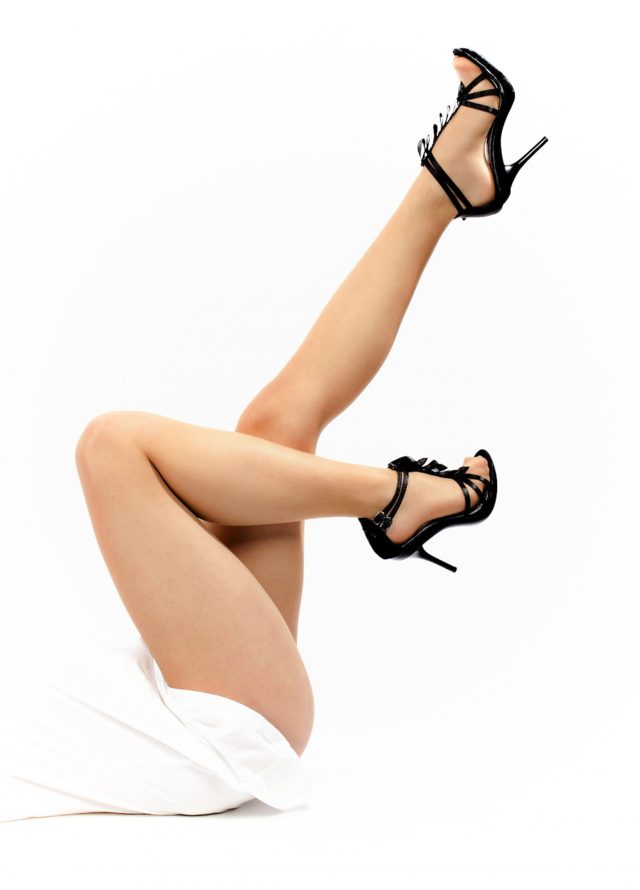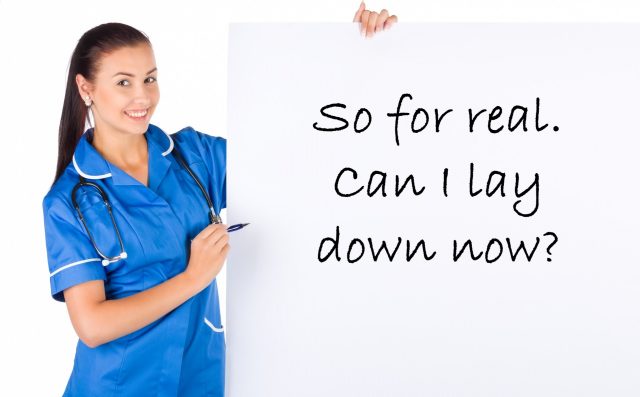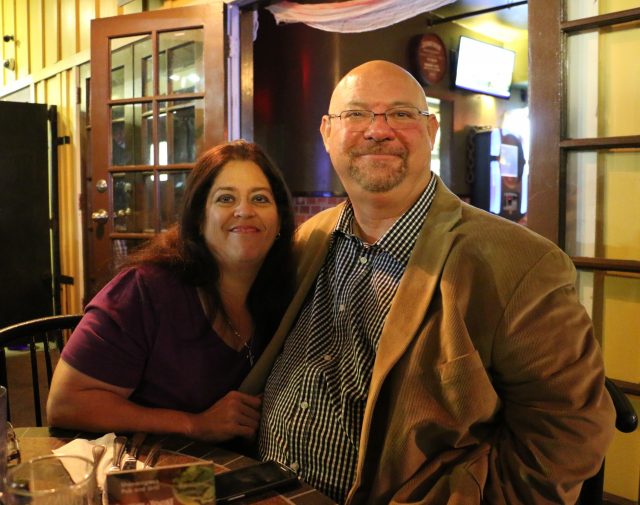“Sciatica” is a subject of great interest to the public, but for researchers, it’s barely an afterthought. Scientific interest in sciatica is dwarfed by that in the broad but nebulous “low back pain.” And interest in low back pain is in turn dwarfed by that in other neurological conditions.
Month: May 2020
Kelly’s Story: When Sciatica Is the Family Legacy
Kelly fully appreciated how devastating back problems could be, having witnessed a family member’s hellish trek toward a cure. Her mother has a history of herniated discs, and at one point the condition was so debilitating that she couldn’t walk or sit for more than a few minutes without experiencing pain.
12 Sitting Disability-Friendly Hobbies
When you have a sitting disability, you get used to rethinking daily activities. Work is often tough, transportation is a challenge, and socializing is awkward. Even your free time gets harder to manage – many hobbies are tough to adapt. Unless you’re a glutton for punishment, you will probably not be racing motorcycles or kayaking. But believe it or not, there are plenty of hobbies out there that are sitting disability-friendly. Twelve of my favorite options are listed below. For the Outdoorsy 1) Hiking/Walking. It’s hard to find an activity with a better cost/benefit ratio. All you really need to…
Justin’s Story: Advances and Missteps Through a Decade of Sciatica
Which is worse? The disease or the cure? For sciatica patients, it can be tough to know. While many treatments are prescribed for sciatica, no standard intervention boasts compelling long-term outcomes. Justin B., like many other sciatica patients, bounced from treatment to treatment, and some of his attempts to solve the problem set him back further.
In 1700, This Guy Knew Standing Was Bad for Your Health
Ramazzini’s particular scholarly interest was the connection between occupation and health. His book provided a comprehensive look at the occupational health hazards different types of workers were exposed to. Many chapters are devoted to specific vocations (farmers, fishermen, midwives, miners, wet nurses, etc.), but there are also two chapters broadly devoted to “Workers Who Stand,” and “Sedentary Workers.”
5 Things Nurses Know About Standing (That You Should Too)
Sure, I may have acquiesced to standing at work, but I didn’t exactly suffer in silence. I can pour more eloquence into describing the pain in my knees, calves, feet, and heels, than I could into a love letter. But yesterday I learned I had something to be grateful for – at least nobody’s going to die because I’m uncomfortable. That isn’t necessarily true for nurses assisting in surgical procedures. It’s not like they can just pop out of a delicate operation and lay down because their feet got tired. And if their exhaustion gets the better of the them…
Shannon’s Story: The Test of a Sunny Disposition
It was like he had stepped on a lightning rod. The current curved from his back through his left hip and reached down through his leg and ankle. “It was just the most painful thing I’ve ever felt,” Shannon said. “It was so painful I couldn’t speak. All you can do in moments like that is hang on for dear life.”
It’s the Middle of the Night, and the Pain Is Still Here
As people tend to do when they are awake because of pain, I ruminate about the pain.
There Will Be Charts: Making Health Decisions as a Type C
Knowing I was type C personality gave me a useful frame for understanding why I approach medical care the way I do. I trust doctors up to a point, but I’m not afraid to challenge them, and I need to see the data before I’m convinced a certain course of action is the right one. It’s always bothered me that doctors don’t have a patient-friendly reading list handy for any given condition or treatment. My first impulse when I want to know about anything is to read a book about it.








